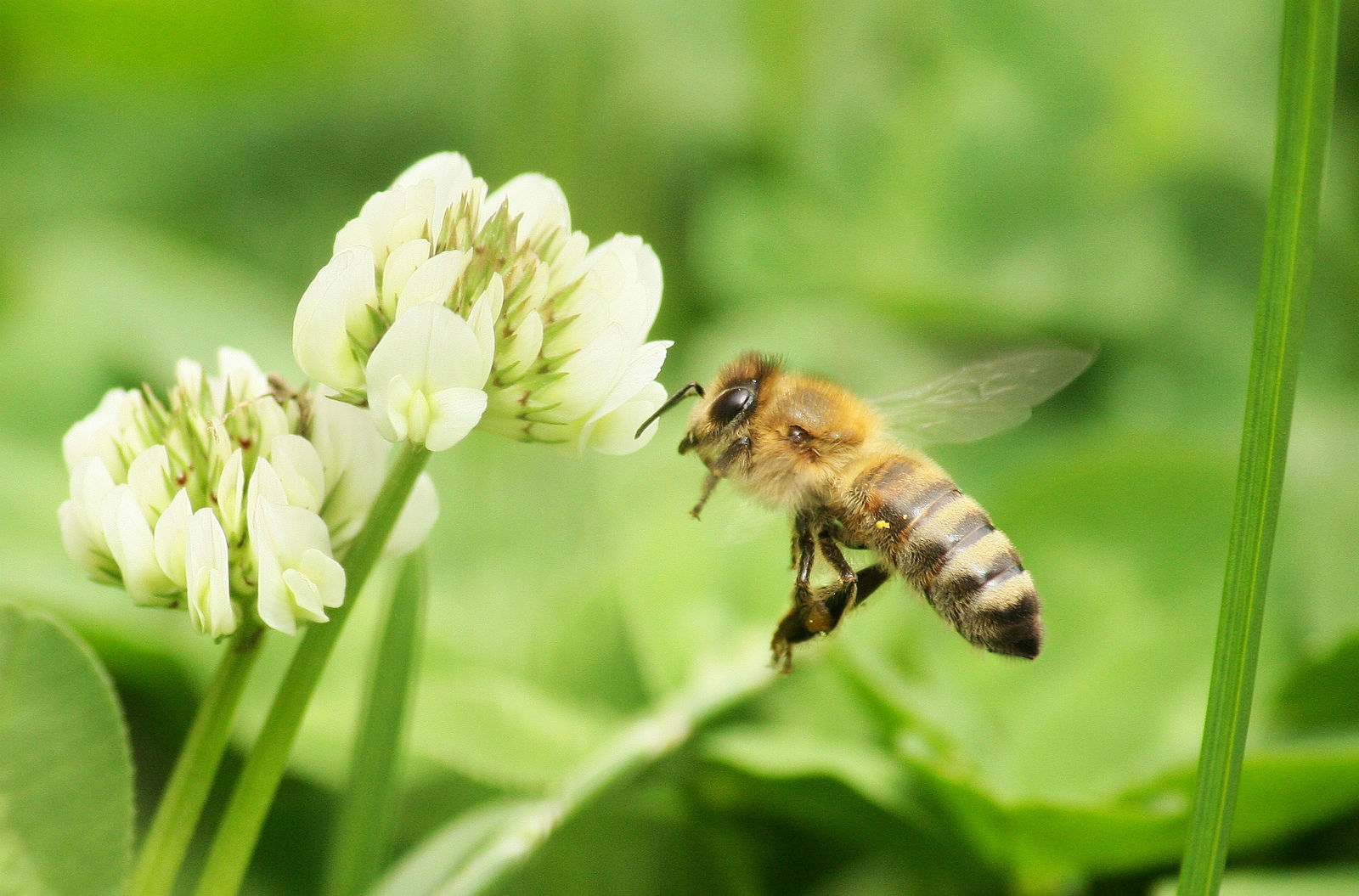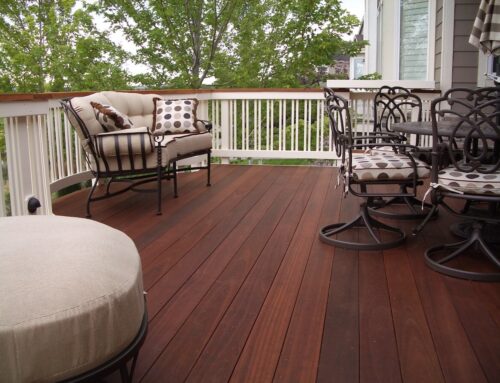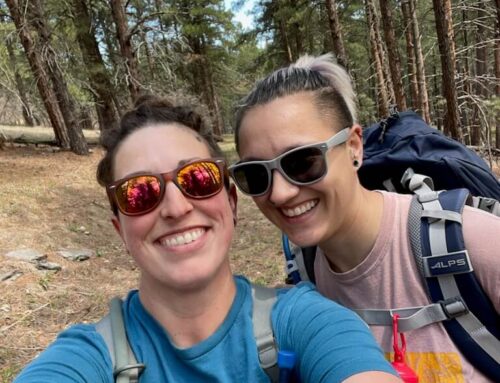In 2006 a new phenomenon in beekeeping hit the news. Both commercial and hobbyist beekeepers saw dramatic losses of bees in their apiaries, also known as beehives. This problem became known as CCD, or colony collapse disorder, and news items began to run regularly on this threat to human food production. Bee pollination is responsible for one-third of our food sources. The story is that as the bee goes, so does mankind.
Today, another problem threatens bees, in that there seems to be an overabundance of people getting into apiary or beehive management without a great amount of knowledge, according to Marygael Meister of the DenverBee.org. For this reason, her organization is approaching beekeeping interest from the perspective of education.
“We have an opportunity twice a month for applied learning at the apiary and theory learning from those who come to speak,” said Marygael. “We’re very serious about that; that people have strong foundations in their understanding and their education. I feel it’s very important that we do no more harm to bees.”
She encourages people to not only visit the Denver Bee website, but come out to a hive inspection when the organization schedules the event. You don’t need any special equipment or dress because the nonprofit will provide you with what you need.
Marygael said she became involved with beekeeping when her mother’s well-established rose garden started having fewer and fewer bees visit in the summer. The garden surrounds the house that her grandfather built, and represents a pastoral lifestyle that seems to have diminished with each successive generation. At first Marygael wasn’t concerned, but as she became more aware of the problem she decided to do something about it by becoming a city-dwelling beekeeper. After a great deal of effort by Marygael and city officials, an ordinance was passed that allows bee-keeping within the city limits of Denver.
If you’re not inclined to become a beekeeping hobbyist, that’s just fine. You can still do a lot of good in your yard by encouraging bees to visit and enjoy the pollen you provide.
“Not everyone needs to keep bees,” said Marygael. “That’s one of those things that people get excited about—they want to be on that, but I understand its not for everyone. I certainly don’t want to keep chickens, but I don’t mind eggs.” She suggested that in a plant-based biosphere such as ours, planting a garden is a great way toward sustainable living with bees.
If people can split and share their plants, or exchange seeds, we run less risk of pesticide soaked seeds that can be harmful to both the environment and bees. Other things you can do in your garden include:
- Plant native plants, and leave some areas of taller growing grass. This makes a more natural and comfortable place for native bees to forage and live, and can create a welcome change to a large lawn area.
- Make a bee bath. Marygael says that bees are often attracted to a drip system of water or you can get a container that you pack solidly with playground sand. Put the container in the shade of your garden and very slowly add water until it feels like a sponge—wet to the touch, but not pooling where bees wouldn’t be able to stand. If you add a drop or two of essential oils, like peppermint or spearmint, it will call the bees and they’ll start to recall that as a place of hydration.
- Avoid chemical weed killers in your garden. Marygael suggested the use of vinegar as a good weed-killer substitute. You may have to spray it on your weeds a couple of times before it kills them completely, but it is less harsh on the environment and less threatening to the wildlife around you.
“Bees are a keystone species,” said Marygael. “They set the cadence of the environment.” The idea is that there are small things we as homeowners can do. We don’t have to change the world, but we all have to do our part. And what better way to help than to plant a bee friendly garden off your back deck, then enjoy the sound of droning bees as you sit out with your summer reading.
“Bees are sweet,” said Marygael. “They are the only creatures on the planet that don’t maim or kill anything to live. They go into a plant; they take away the nectar and the pollen. They cross-pollinate. It’s mutualism for the plants—they benefit, we benefit, so the bees are tremendous.”
(Photo by Maja Dumat)






Leave A Comment